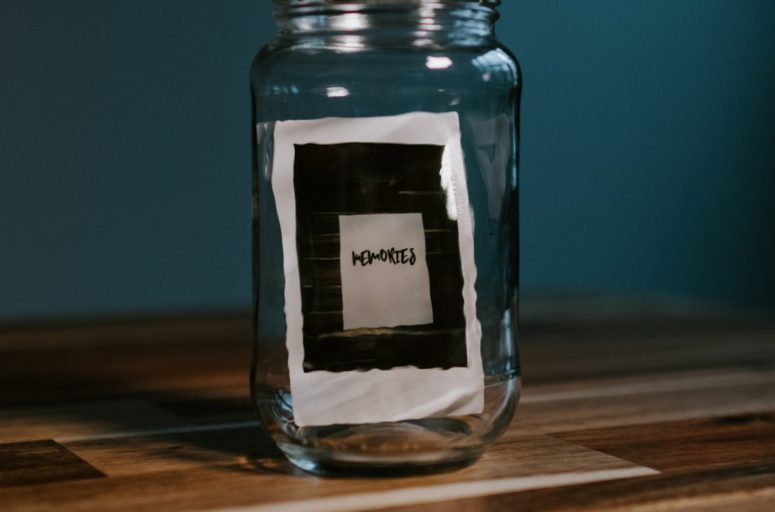Over the past year, I have heard a lot of ideas about how we will remember this season in our global history. For most of us, this is the first time that we have experienced a pandemic, and there have been plenty of musings about whether our collective recollection will be filled with masks, lockdowns, and missed opportunities. What has often been neglected in these discussions is that, as with any other season, each of us can choose what our memories will be. Of course, there is much that is outside of our control; we can’t control who we lost to the virus or how it devastated the health of some, while seeming to barely impact others. Most of us have no way of impacting government mandates or solving backlogs in supply chains. Few of us will play a direct role in how the pandemic ends and it is likely that we will have a relatively limited impact on the way society moves forward. However, we do have a choice about where we center our thoughts. We can choose to spend our days acknowledging what God has given us, or on focusing on what we desired, but didn’t get. We can choose to dread situations outside our control, or choose to rely on the One who is sovereign over all. We can let fear dictate our feelings, or we can choose love and grace despite the circumstances that we face. Our memories are formed based on what we fixed our minds on, and for the Christian, they should strive to always focus their thoughts on God.
When I look back on the COVID-19 pandemic, it will be hard for me to think about it without thinking of sourdough bread. Early on during the stay-at-home order, I learned how to make it thanks to the generosity and patient coaching of some friends. While I originally thought my sourdough career would be rather short-lived, I have continued to bake it for the past 12 months. It started as a pandemic past time but has quickly grown in significance. It has become a means for blessing others and a way to demonstrate care for those inside my home as it is now one of my kids’ favorite after-school snacks. It has been evidence of God’s goodness, as I have obtained the necessary ingredients to keep it going, even when grocery store shelves seemed to be bare. It has been a lesson in patience, in planning, in creativity, and in trust as I am never sure what the outcome will be until many hours of prep time have already been spent. The snapshots of this season may be filled with loaves, but when I bring those memories to mind, they are filled with reminders of God’s kindness and grace. And if something as inconsequential as a loaf of bread can generate memories of God’s goodness to us, there is very little else that can’t. Our job is to choose to focus our attention on what God is doing, rather than on what He’s not.
When looking back on this time, or any other season of life, the challenge is remembering that the external circumstances don’t get to define what the season signifies to us. We can choose to interpret seasons in light of Who God is, because we know that while seasons change, He does not. We can commit to grow in our trust of Him despite the difficulties, rather than allowing our confidence to be swallowed by the uncertainty of the moment. Our memories are formed based on what we dedicate our attention to and what is important to us. We can choose how we will remember this season by fixing our eyes on Him and seeing Him working through the joys and the pain. If we do so, our memories of this time will be replete with reminders that no matter what we go through, our God is greater than any season we face and faithful in every one of them.
